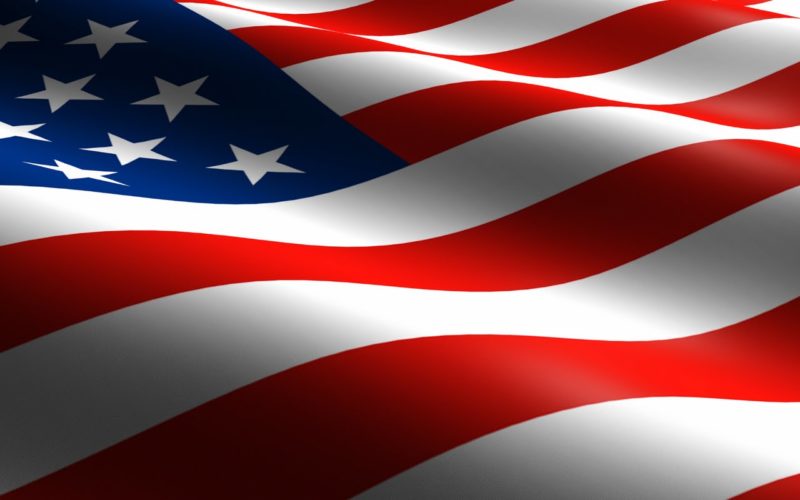(NEW ORLEANS) — The Offshore Marine Service Association (OMSA) on Monday lauded the U.S. Coast Guard for issuing a policy letter providing a transparent and expedited process for domestic offshore energy vessels to participate in disaster recovery activities.
The offshore energy industry utilizes highly complex vessels that have attributes that make them attractive candidates for disaster recovery missions. For example, offshore supply vessels (OSVs) have large internal tanks to carry potable water or fuel, and large decks to carry vehicles, containers or fuel tanks. The size of these vessels also makes them useful in getting into small, unimproved or damaged ports.
However, under current law and regulations, the Coast Guard has numerous and very prescriptive requirements for different types of vessels and what activities these vessels may engage in. Together, these points mean that there are often times when offshore energy vessels could safely engage in disaster recovery operations, but a strict reading of the regulations prevents them from doing so.
The policy letter provides guidelines for when and under what circumstances and conditions the Coast Guard shall consider equivalencies and exemptions so that domestic offshore energy vessels can participate in disaster recovery operations, and it provides a pathway that vessel owners should utilize to request such equivalencies and exemptions.
“This is a great example of our partners in the U.S. Coast Guard working with industry to provide common-sense solutions so that American mariners can be utilized to help their fellow citizens,” said Michael Heier, OMSA director of regulatory affairs.
The policy letter represents another chapter of OMSA and the Coast Guard working together to provide U.S. vessel responses to natural disasters. In the aftermath of Hurricane Maria, several Louisiana-based energy vessels attempted to carry cargo to Puerto Rico or between ports within Puerto Rico. While these vessels were capable of safely completing these tasks, many were turned back due to strict or differing interpretations of Coast Guard regulations.
To prevent this situation in the future, OMSA proposed that the Coast Guard utilize its industry advisory group, the National Offshore Safety Advisory Committee (NOSAC), to study how offshore energy vessels could be safely utilized to provide disaster assistance. NOSAC accepted OMSA’s proposals and in 2019 the committee produced a report that recommended the following:
● The Coast Guard apply District 8 Policy Letter 09-2001 nationwide. This policy letter provides a pathway for offshore energy vessels to participate in other industries by spelling out reasonable design, mission and capability requirements on such vessels.
● The Coast Guard create and publish explicit instructions outlining how vessel operators may become a pre-approved disaster response resource.
● That the Coast Guard redefine the phrase “international voyage” to clarify that a U.S. vessel is not on an international voyage when it sails from the U.S. mainland to Puerto Rico.
All of these components were incorporated into the most recent policy letter. OMSA President Aaron Smith put the letter in context with a larger picture.
“Unlike the unlawful, unhelpful and unnecessary Jones Act waiver issued by the Biden administration to BP, the (Coast Guard) policy letter is a great example of a lawful and truly helpful step that the government can take to help disaster victims,” Smith said. “Furthermore, it is an example of a step that honors American mariners and shipyard workers as well as the companies that have invested in U.S. vessels.”
OMSA had previously opposed the Biden administration’s Jones Act waiver. The waiver was provided to BP to utilize a foreign-built and foreign-crewed vessel to move 300,000 barrels of diesel from Houston to San Juan, Puerto Rico. OMSA opposed the waiver because there were U.S.-built and crewed vessels available — even ones under charter to BP — and multiple federal and commonwealth agencies stated there was not and is not a shortage of diesel on Puerto Rico.
— Offshore Marine Service Association

